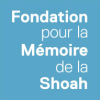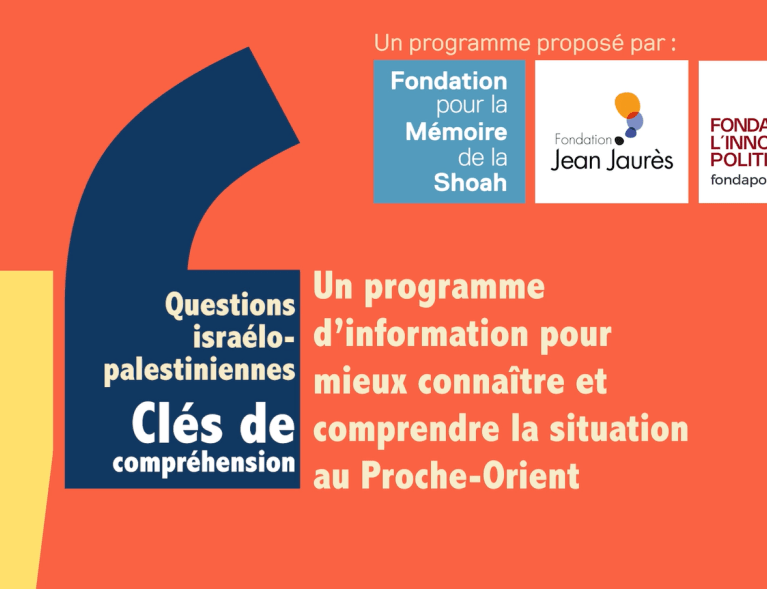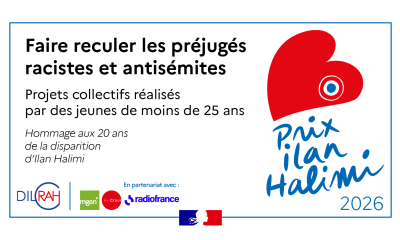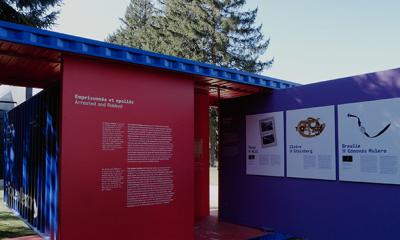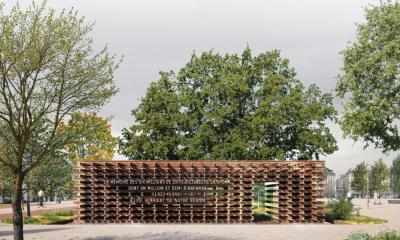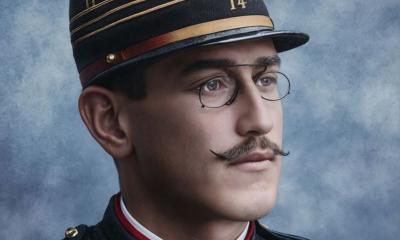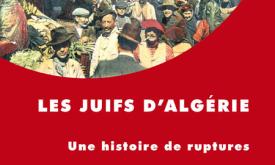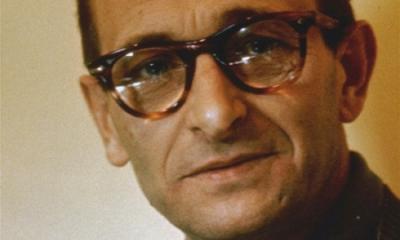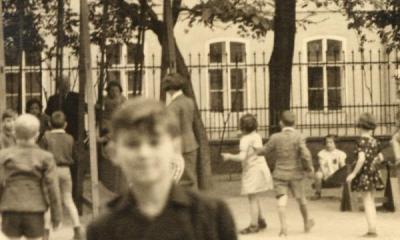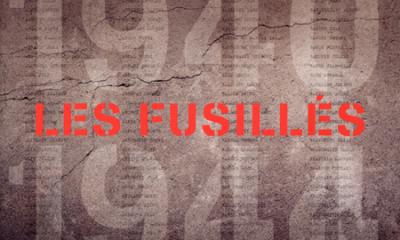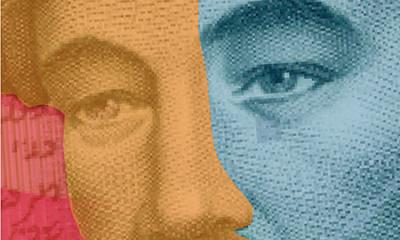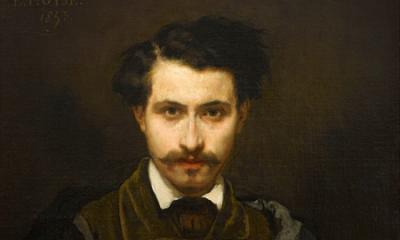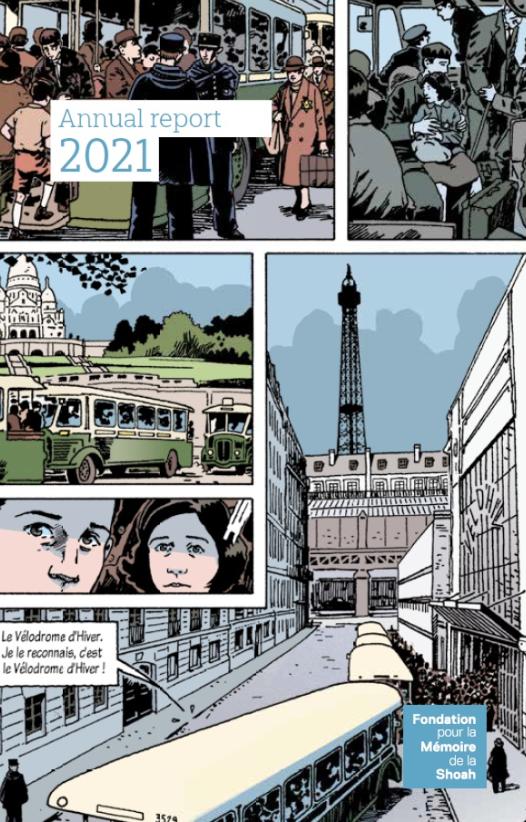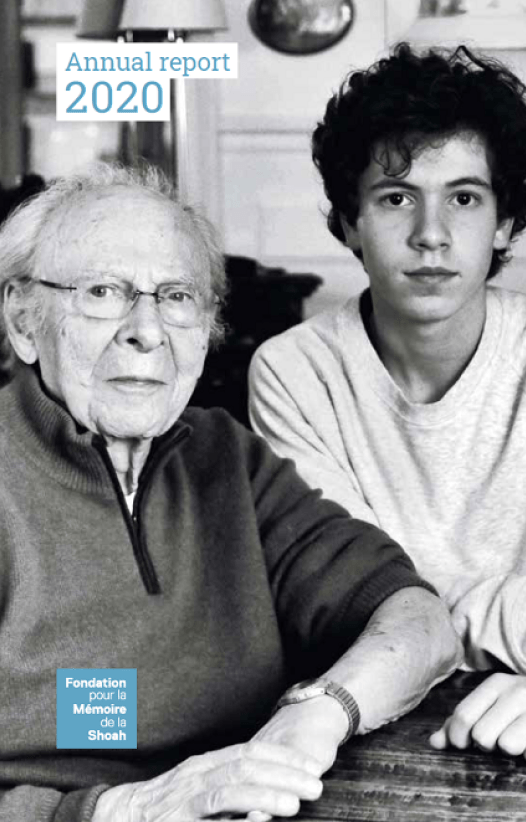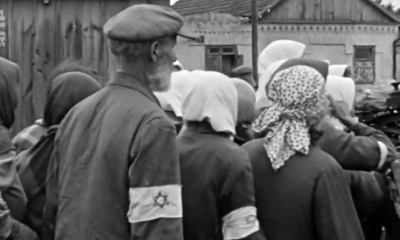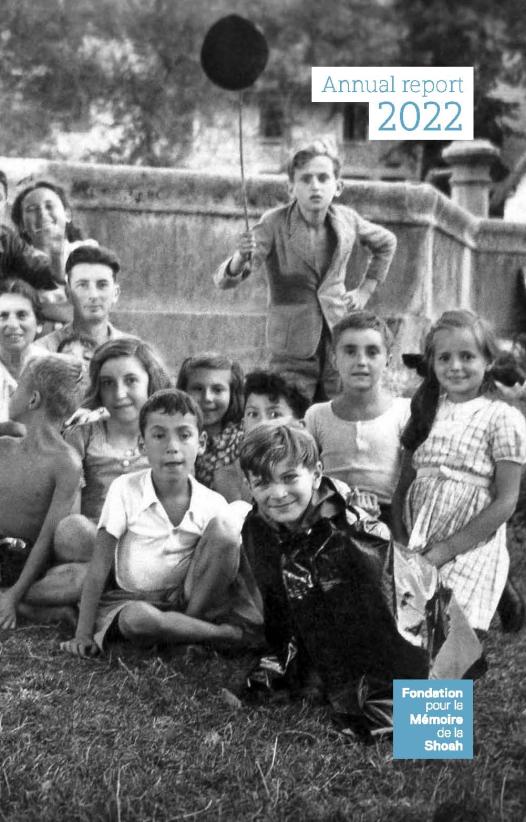

I don't like the expression "duty to remember". The only "duty" is to teach and pass on.
Simone Veil
The Foundation
The Foundation for the Memory of the Shoah is a private foundation recognized as being of public utility. It supports projects in the fields of historical research, teaching, the transmission of memory, solidarity with Holocaust survivors, Jewish culture, the fight against anti-Semitism and intercultural dialogue.
News
Suggest a project
You would like to obtain financial support to help you carry out a project linked to the missions of the Foundation for the Memory of the Shoah. The Foundation receives proposals for various projects throughout the year. After acknowledging receipt, the FMS team conducts an in-depth investigation of each of them. If all the eligibility criteria are met, the file is presented for opinion to the thematic commission concerned, then for decision to the Office and possibly to the Board of Directors of the Foundation. Instruction can take 3 to 6 months.
245
projects supported in 2022
17 M€
allocated in 2022
5 200
projects supported since 2001
340 M€
allocated since 2001
Supported projects
The Foundation for the Memory of the Shoah supports projects in 6 areas: university research; the transmission of memory (testimonies, places of memory, etc.); the teaching of History; Jewish culture; solidarity with Holocaust survivors; the fight against anti-Semitism and intercultural dialogue.
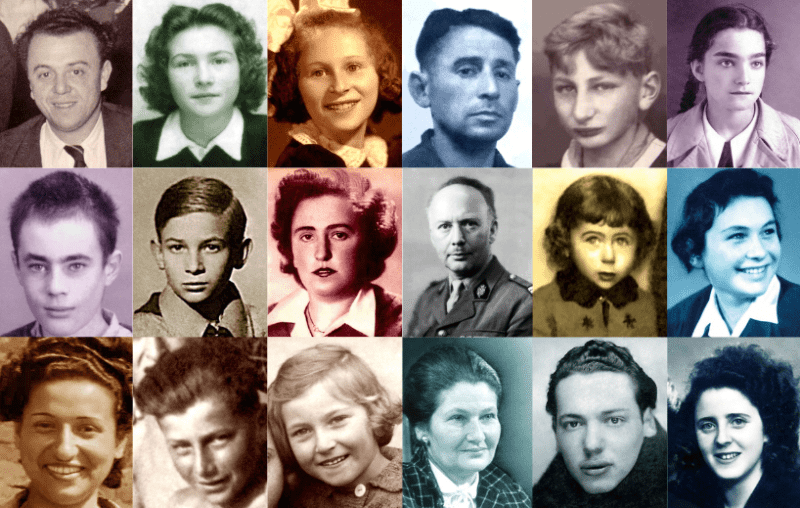
Testimonies Collection of the Shoah
The Foundation for the Memory of the Shoah brings together in this collection the stories of victims of the persecutions perpetrated against the Jews during the Second World War. Former deportees, internees, hidden children, Jewish resistance fighters… the authors help to enlighten us on the different aspects of the unprecedented crime that was the Shoah. Published in partnership with Le Manuscrit editions, the testimonies are available in paper and digital format.
